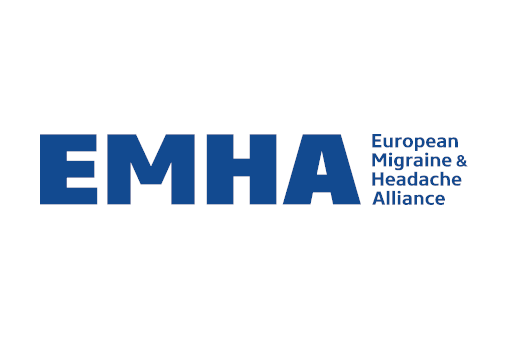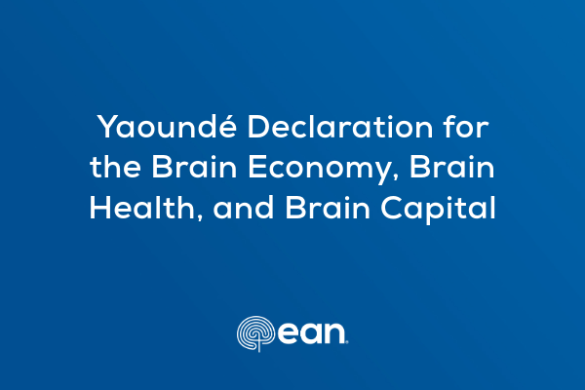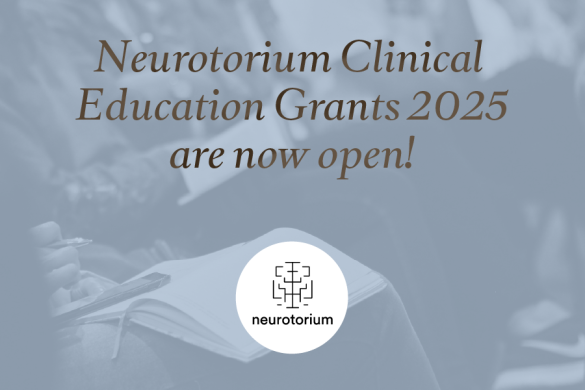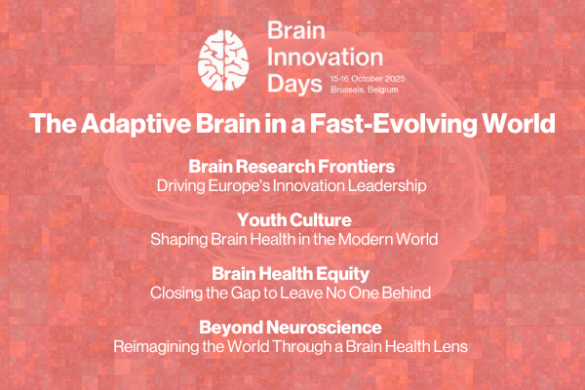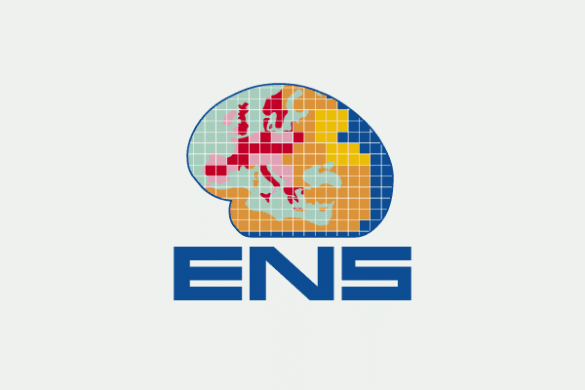by Steven Lewis and Wolfgang Grisold
Neurological education is one of the main aims of the World Federation of Neurology (WFN). In addition to the biannual World Congress of Neurology, teaching courses, and publications such as the Journal of the Neurological Sciences (JNS), eNeurological Sci (eNS), and World Neurology, there is a need to establish regional permanent teaching institutions within Africa and also other regions of the world in the future. The teaching centers should comply with the standards of neurology and establish local high quality training.
The WFN has established one Teaching Center in Rabat, Morocco, another in Cairo, Egypt, and will be planning another Teaching Center in Dakar, Senegal, and is presently exploring the opportunity for a Teaching Center in Capetown, South Africa.
WFN Teaching Centers are neurology departments with inpatient and outpatient programmes, and affiliated with a local university and devoted to the public medical sector. They need to be closely allied with neighbouring fields such as internal medicine and need to have close relationships with neurosurgery, neuroradiology, neuropathology, and rehabilitation medicine. A strong interdisciplinary spirit is expected in the training center as well in the teaching commitment.
The neurological unit is expected to care for inpatients with wards, stroke unit, rehabilitation unit, and facilities for intensive care. The outpatient department needs to provide for general neurological care as well as specific outpatient clinics according to local needs. A strong commitment to general neurology, with the addition of specialised services is expected.
A neurologic Teaching Center should offer investigational methods such as EMG, EEG, ultrasound, and CSF studies and have a strong link with imaging. The internal departmental structure needs a teaching faculty experienced in neurological training, and availability for positions that entail either a complete training course or fellowships.
Following the department’s application to be a Teaching Center, a site visit is organised. Prior to this visit, the department receives a structured questionnaire to be completed by the individual faculty, teaching staff, trainees, and department head. The questionnaires are then reviewed by the site visitors prior to the visit. A detailed analysis of cost for each trainee must be submitted as well as as the training curriculum, and a description of the department with regard to inpatient and outpaitent facilities, patient numbers, and investigational activities. Research publications and scientific activities of the faculty need to also be described.
The actual site visit is performed by a team consisting out of three representatives from the WFN who are accompanied by the local departmental leadership, representatives of the faculty, and university officials. During the site visit, a presentation of the faculty is followed by a structured interview with the teaching faculty, trainees, department heads, and hospital managers. In addition to reviewing the questionnaire responses, the individuals are asked a standard set of questions on site, which is carried out in confidentiality with the WFN visiting team. The site visit then continues with visits of inpatient and outpatient neurological facilities and clinical laboratories.
Finally, a concluding conference takes place with the faculty and departmental leadership to discuss overall impressions and respond to questions regarding the visit. Based on the results of the questionnaires, the oral interviews, the presentation of the faculty, and the facility tour, the chair of the visitation committee issues a report for review and approval by the WFN trustees.
The concept of WFN Training Centers has been developed by the WFN education committee over the past several years, and the first structured visit was held for the Training Center in Rabat, Morocco in September 2013. The first trainee was able to attend a fellowship in electrophysiology from Sept 2014 until Aug 2015. Rabat is a very well organised programme, and the excellent cooperation between the WFN, the department, and the university helped to implement Rabat as the first French speaking Training Center.
The Department of Neurology at Cairo University applied to be the next Teaching Center, and a very successful site visit took place in March 2015. The faculty is large and the enormous size of the hospital and its diverse faculty and facilities guarantees an exposure to many neurological diseases. Cairo will now be the second WFN Teaching Center, as an English speaking training site.
Africa is large and the need for neurologists is immense in many regions, in particular Sub-Saharan Africa. The WFN is dedicated to establish, jointly with the help of the African committee, two more training centers in Africa, in Dakar, Senegal and in Cape Town, South Africa. With this vision of expansion, the Continent would have two English and two French speaking training centers to train young African neurologists for the future,
The WFN is the mentoring body of these teaching centers, by delivering the structure, helping with their establishment, and also by providing or fostering support for young neurologists either for full neurology residency training or neurological subspecialty (post-residency) fellowship training.
Integral to the continued success of these initiatives will be the establishment of an increase and facilitation of teaching content and teaching methods, and the WFN will be working on a worldwide training curriculum in neurology, which will aim to define the contents and needs for neurology training worldwide.
Teaching Centers are important new developments in the WFN educational strategy, and aim to develop training centers of excellence. This development is, however, the result of the hard work of many individuals, especially the faculty and departmental leadership of the centers, who are all devoted to improving the quality and availability of neurological expertise. The experience and knowledge gained in the establishment and maintenance of WFN Teaching Centers is enormous, and can serve as a basis for the organisation of similar training centers in other regions worldwide.
The establishment of the WFN Teaching Centers is part of an evolution based on the many prior and present activities of the WFN including training courses, conferences, visiting professors, and grants for African neurologist to work and study outside of Africa. These activities will continue and will be very valuable. The WFN Teaching Center initiative aims towards having permanent institutions with a high quality brand, continuing to produce outstanding neurologists to underserved regions of the world.
Steven Lewis is Chair of the WFN education committee. Wolfgang Grisold is WFN secretary general and treasurer.




